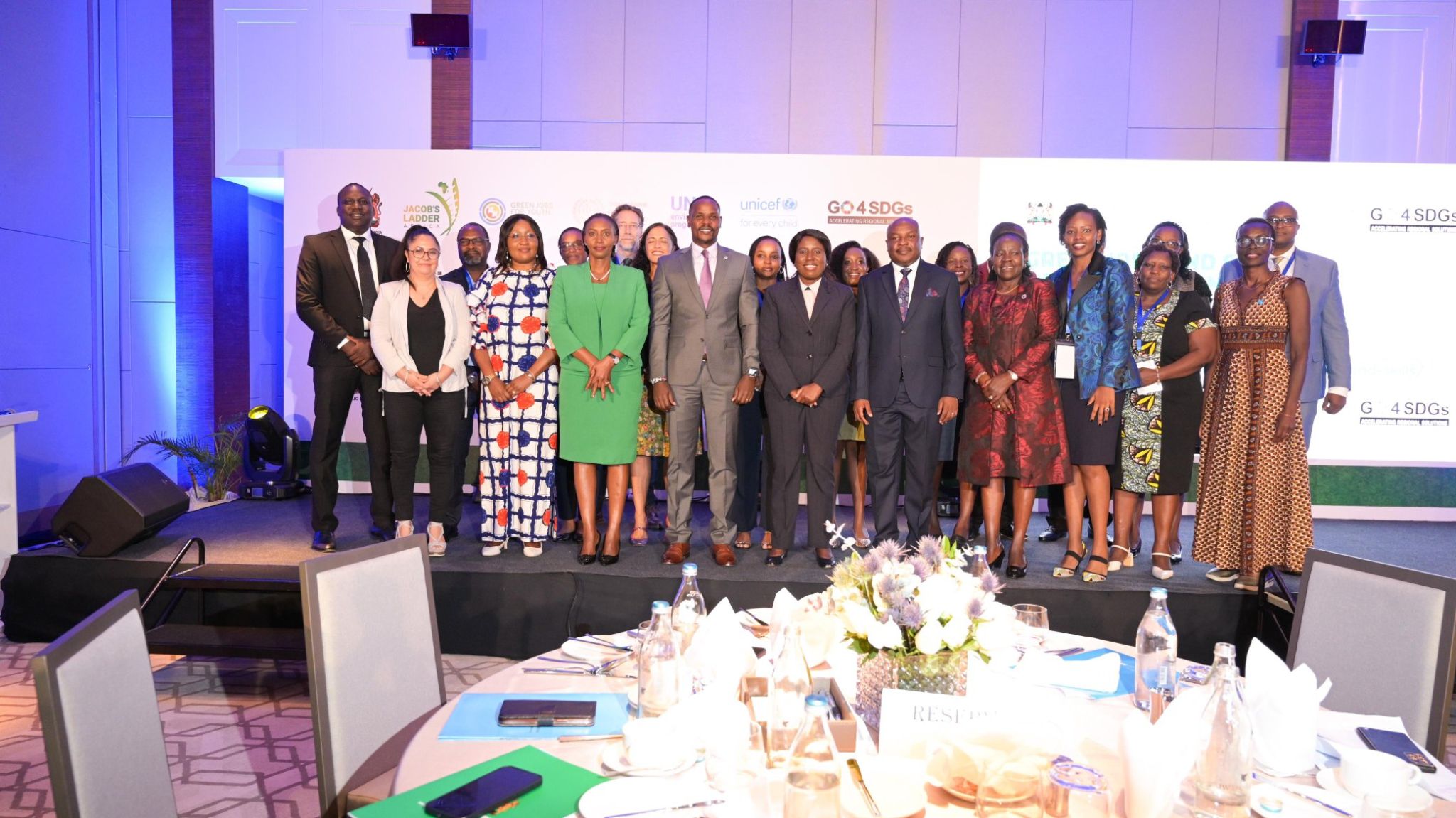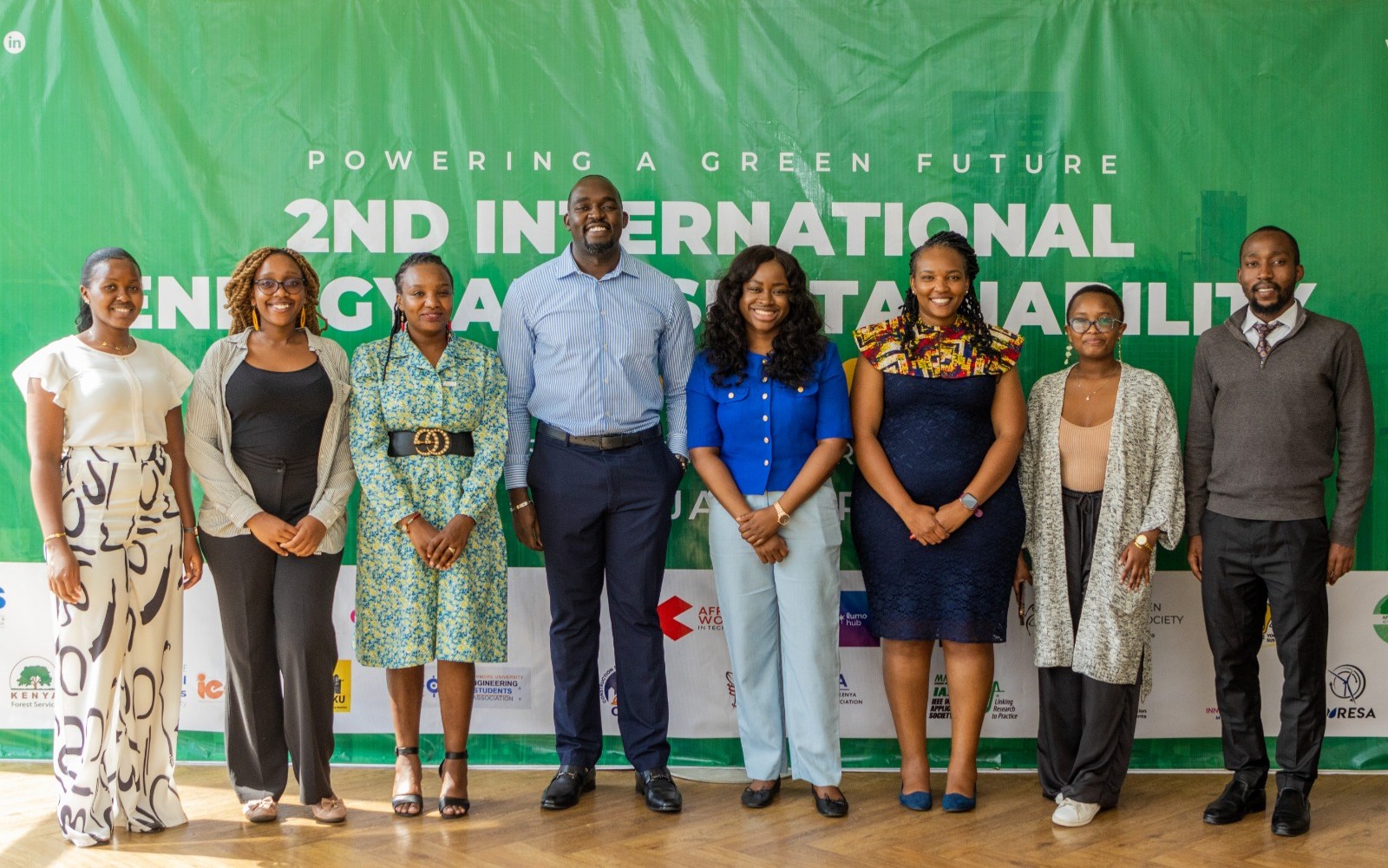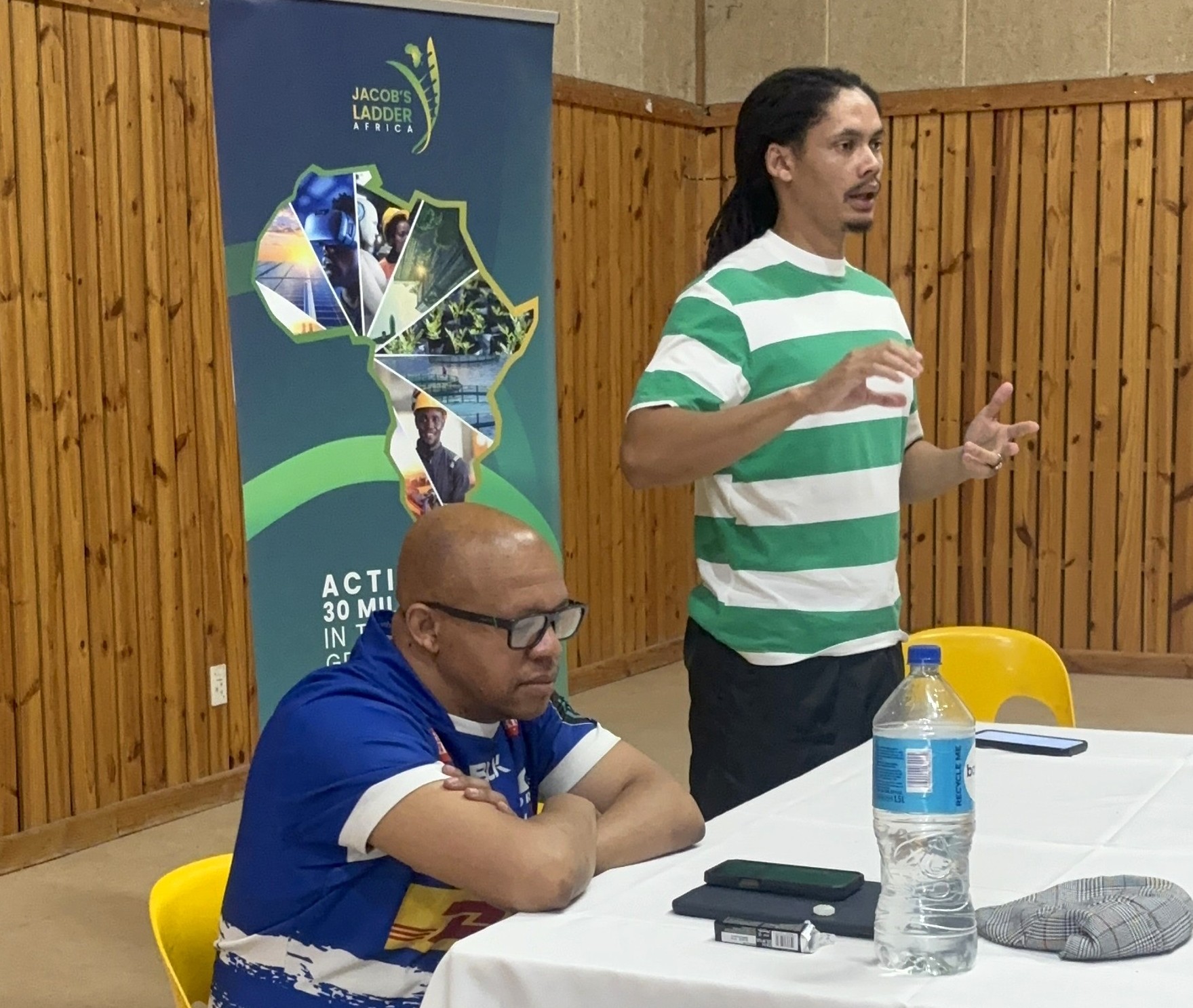The Green Jobs for Youth Pact, an initiative by the International Labour Organization (ILO), the United Nations Environment Programme (UNEP) and the United Nations Children’s Fund (UNICEF) along with the Government of Kenya and Jacob’s Ladder Africa (JLA) as implementing partner, are collaborating to organise the first ever National Green Jobs and Skills Development Workshop in Kenya on Friday, May 3rd 2024.
This comes at a time where 75% of Kenya’s population is classified as youth with a large percentage unemployed, and there is no doubt that green jobs and skills hold the future for sustainable economies. JLA sees a bold vision ahead: to help set in motion 30 million jobs for African youth in the green economy by 2033. Several components are required to bring this to life, including collaborative efforts with various stakeholders in the private and public sector and beyond.
The Pact brings together employers, governments, youth and education partners to tackle the youth and green jobs deficit to make the transition to a low-carbon, circular and nature positive economies through three tracks: Employment and entrepreneurship, Education and green skills, Empowerment and youth partnerships.
The Pact, which also includes global mandate, is geared towards increasing commitment and accelerating action toward green job creation focused on youth and women, particularly from the most disadvantaged and climate-vulnerable groups. In line with this, Kenya has been identified as a country with great potential, a launching pad towards the acceleration of economic opportunities within the green economy in Africa.
The workshop aims to aggregate the efforts by the private and public sectors, development partners, youth-led organisations, policymakers, and research institutions, to take stock of existing policies on green jobs and skills development, and their implementation to date. While there have been numerous interventions by different players in creating green jobs and skilling for youth, what has been missing is a coordinating mechanism for all these efforts.
Green jobs refer to those that contribute to restoring the natural environment and entail leveraging environmentally friendly processes in production and service delivery. Therefore, as the world seeks to transition to a greener, low-carbon and circular economy, there’s an opportunity for young people in Africa to be equipped with green skills, so that they can successfully cope in the changing environment and take advantage of the opportunities it presents.
The preparation for the workshop has involved a series of consultations with the youth, Government representatives, educational institutions, as well as public and private sector institutions. Jacob’s Ladder Africa has designed and implemented these consultative forums, shaping the national narrative on green jobs, while ensuring that pillars of perspective belonging to the youth and other audiences are not left behind in the journey towards the final outcome.
The consultations have been streamlined along three work streams namely, Skills Development (Education), Enterprise Development and Financing with several virtual consultative meetings held in March 2024. On Tuesday, 16 April 2024, a physical consultation was held to consolidate the findings of the virtual consultative meeting. Following this, JLA convened a High-Level Roundtable on Wednesday, 17 April 2024, bringing together multiple government ministries, key development partners, and relevant senior management stakeholders to stimulate key dialogues to advance this novel initiative and areas of alignment ahead of the National Green Jobs and Skills Development Workshop.
As a practical demonstration of green job creation, the workshop includes a call to action to Kenyan youth to apply for the chance to be contracted to supply eco-friendly merchandise such as, lanyards, mugs or souvenirs for the over 1000 attendees slated to attend the Inaugural National Green Jobs and Skills Development Workshop.
A core part of the workshop planning process is the formal documentation process of the consultative meetings that will lead to a comprehensive report to be presented at the workshop.
If you wish to interact with the proceedings of the workshop, please do so via the following channels:
YouTube | Instagram | Facebook | LinkedIn | X | TikTok






